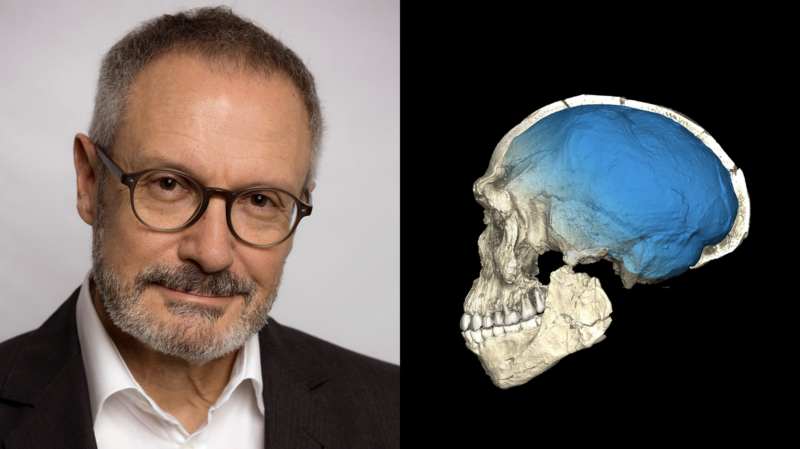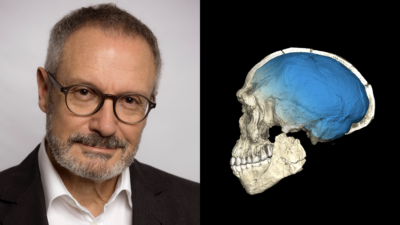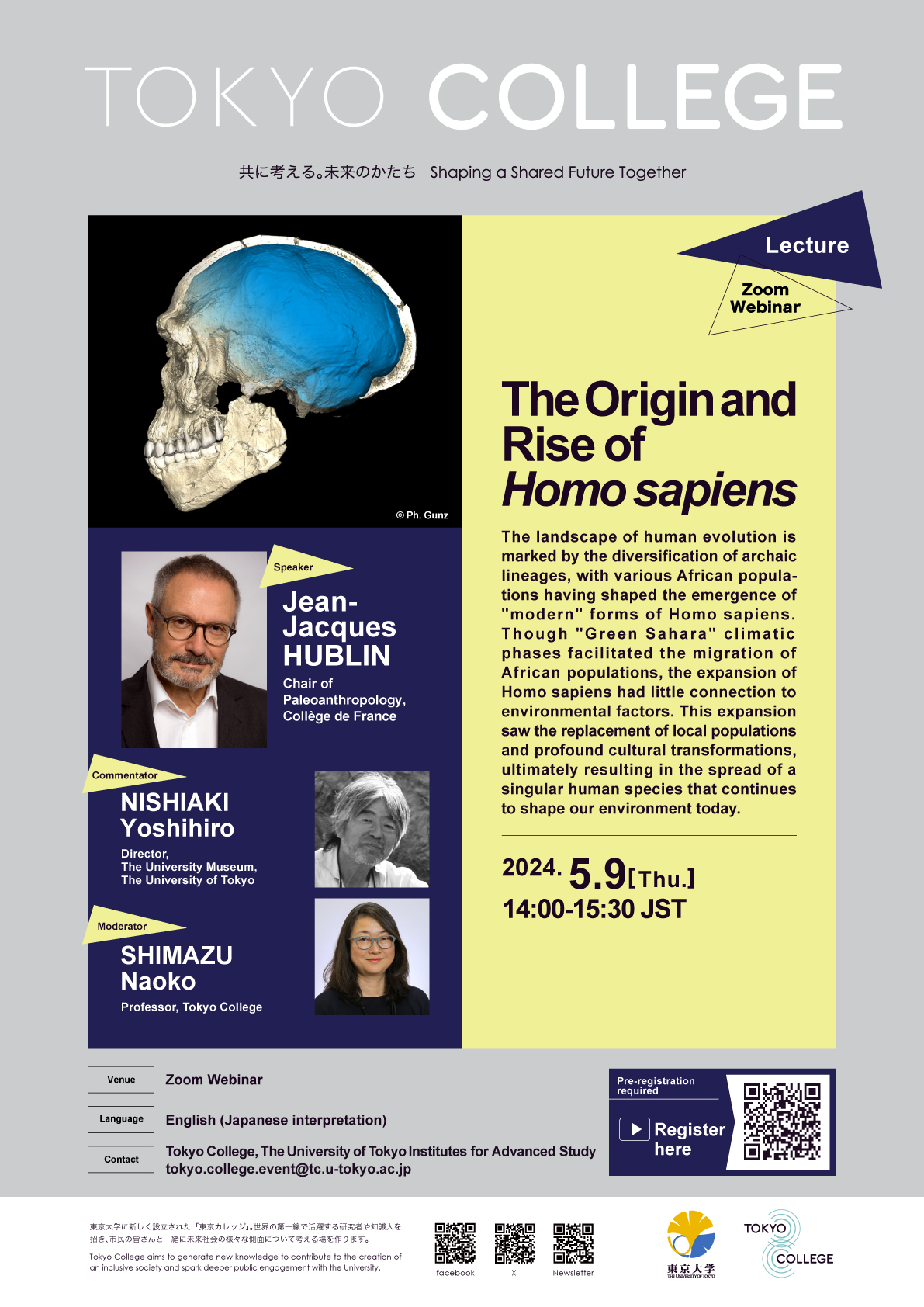The Origin and Rise of Homo sapiens (Lecture by Prof. Jean-Jacques HUBLIN)

| Date(s) | Thursday, 9 May 2024, 2:00-3:30 pm |
|---|---|
| Venue |
Zoom Webinar (Register here) |
| Registration | Pre-registration required |
| Language | English |
| Abstract |
Over the past half million years, the landscape of human evolution has been marked by a remarkable diversification of archaic human lineages. Among these, early Homo sapiens, Neandertals, and Denisovans exhibited the broadest geographical distribution. Notably, the site of Jebel Irhoud in Morocco has provided the earliest evidence of our species’ ancestry in Africa, dating back 300,000 years and associated with early Middle Stone Age stone tool assemblages. It is likely that various African populations played a role in shaping the emergence of what we now recognize as “modern” forms of Homo sapiens. Over the following 200,000 years, the occurrence of “Green Sahara” climatic phases facilitated the migration of African populations into southwest Asia. This movement is supported by paleontological evidence dating back to 190,000 years BP, documenting their presence in the Near East and approximately 80,000 years ago in tropical Asia. In contrast, the expansion of Homo sapiens into the mid-latitudes of Eurasia occurred much later, primarily within the last 50,000 years, and appears to have had little connection to environmental factors. This expansion was characterized by the replacement of all local populations, albeit with some limited interbreeding with local Neandertals and Denisovans. Significantly, this period of expansion also coincided with profound cultural transformations. Ultimately, a singular human species spread across the entire planet, initiating a process of environmental modification that continues to shape our world today. |
| Program |
Speaker Jean-Jacques HUBLIN (Chair of Paleoanthropology, Collège de France)
Commentator NISHIAKI Yoshihiro (Director, The University Museum, The University of Tokyo)
Moderator SHIMAZU Naoko (Professor, Tokyo College) |
| Speaker Profile |
Prof. Jean-Jacques HUBLIN is the Chair of Paleoanthropology at the Collège de France and Director Emeritus of the Department of Human Evolution at the Max Planck Institute for Evolutionary Anthropology, Leipzig. He has been a pioneer in the field of virtual paleoanthropology, and the origins of Neanderthals and Homo sapiens and their interactions have occupied a central place in his career. |
| Organized by | Tokyo College, The University of Tokyo |
| Contact | tokyo.college.event@tc.u-tokyo.ac.jp |














